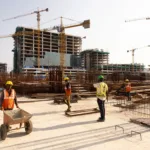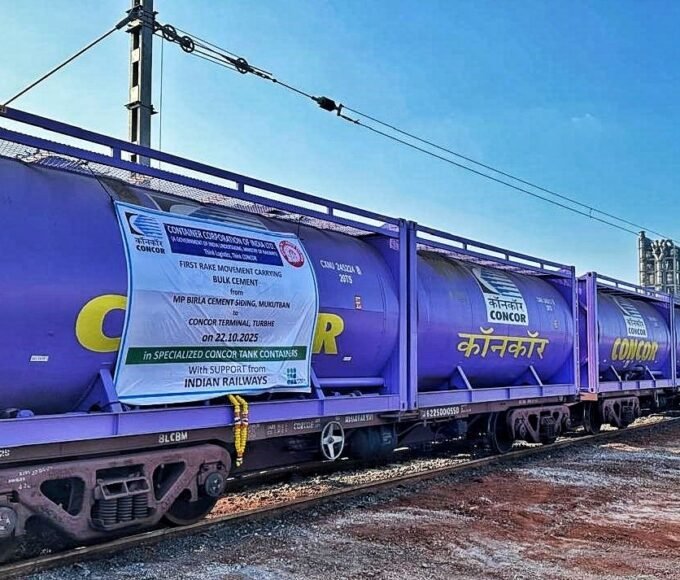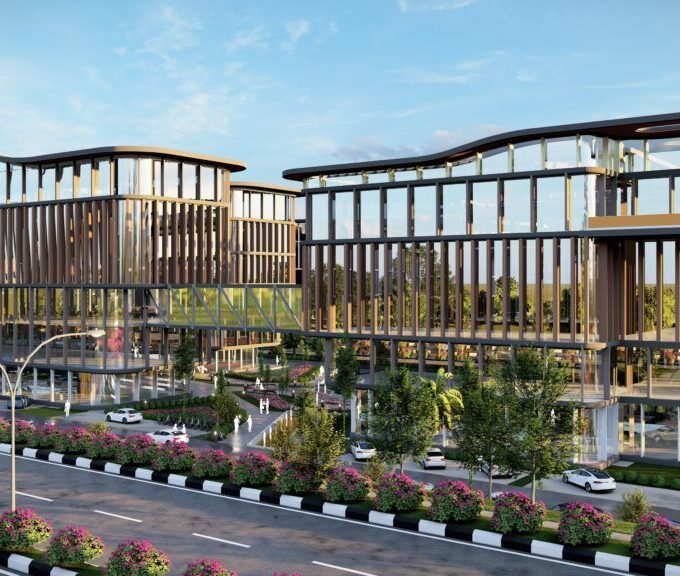Recent Posts
UltraTech Cement Completes 2.7 MTPA Capacity Expansion at Aligarh
February 6, 2026Budget 2025 Aims to Strengthen Public-Private Partnerships to Fast-Track Infrastructure Growth

Finance Minister Nirmala Sitharaman presented the Union Budget for 2025, outlining a holistic approach to developing infrastructure in India through Public-Private Partnerships (PPPs). This bold step will unlock considerable growth in key sectors, leading to efficiency and long-term sustainability.
Another budget headlining spotlight is a proposed three-year PPP pipeline of state projects that would give structural input in taking forward and implementing big projects with the collaboration of private organizations. Through the proper distribution of resources for financing and delivering and subsequently managing such infrastructures, collaborative efforts should ease out faster Indian infrastructure development work while becoming seamless and streamlined with better processes and time efficiency at each point.
Besides, every infrastructure-related ministry will formulate a three-year roadmap that will be focused on PPP projects. This will ensure that ministries have a clear plan to attract private investments, which will create a robust environment for infrastructure growth. Key sectors like roads, railways, ports, and airports will benefit from this move, filling funding gaps and speeding up development.
The plan has an important budgetary measure in the form of interest-free loans amounting to ₹1.5 lakh crore for the states and UTs. The benefit of such loans, which can be availed upon for 50 years, will be that state governments would not incur the liability of interest expenses. At the same time, it is envisaged that such long-term, low-cost funding could help states feel much less financial pressure and push large-scale infrastructural initiatives forward quickly.
The budget also highlighted a ₹20,000 crore fund for innovative PPP projects, encouraging the private sector to innovate in cutting-edge technologies to benefit the infrastructure sector. It further boosts innovation in smart cities, green technologies, and modern transport systems.
Nuclear energy is another focus area for India, which aims to achieve 100 GW of nuclear power by 2047. A dedicated ₹20,000 crore Nuclear Energy Mission will drive the development of small modular reactors, supporting clean and sustainable energy solutions.
With these forward-thinking measures, the 2025 Budget sets the stage for transformative infrastructure growth and innovation, solidifying India’s path toward a more sustainable future.
Recent Posts
Railways Cut Freight Rates to Boost Bulk Cement Transport
February 9, 2026Bharat Future City Land Acquisition Picks Up Pace in Telangana
February 9, 2026Tata Steel Q3 FY26 Results: Net Profit Surges 723% to Rs 2,690 Crore
February 8, 2026Categories
- 20264
- Acquisition4
- Airport27
- AP152
- Apartments175
- Architecture4
- Bengaluru280
- Budget9
- Budget 202521
- Cement203
- Chennai515
- Coimbatore1
- Construction1,139
- Construction Material Price Updates1
- Copper1
- Corporation5
- CREDAI71
- Editors Pick43
- Equipment58
- Events13
- Export60
- GST18
- Highways137
- Hotel28
- Housing252
- Hyderabad131
- import64
- India385
- Industrial514
- Infrastructure828
- Interiors32
- Investment148
- Iron Ore99
- Karnataka130
- Kerala75
- Labour13
- Land210
- Leasing13
- Logistics96
- Market Updates671
- Metal172
- Metro124
- Mining120
- MSME23
- News2,170
- NHAI109
- Office Space21
- Paints43
- Port11
- Power Shutdown1
- Properties207
- Puducherry13
- Railways14
- Real Estate981
- REIT4
- Rental14
- Results11
- Road252
- Sand45
- Short News117
- SIPCOT26
- Steel Daily516
- Stocks105
- Tamil Nadu575
- Technology136
- Telangana145
- TIDCO19
- Tourism2
- Trade153
- Trending News1,194
- Trichy1
- Video2
- warehouse113
Related Articles
Railways Cut Freight Rates to Boost Bulk Cement Transport
Indian Railways has reduced freight charges for bulk cement movement to 85...
BySamrita JosephFebruary 9, 2026Bharat Future City Land Acquisition Picks Up Pace in Telangana
Land acquisition for the proposed Bharat Future City on the outskirts of...
BySamrita JosephFebruary 9, 2026Tata Steel Q3 FY26 Results: Net Profit Surges 723% to Rs 2,690 Crore
Tata Steel reported a sharp turnaround in the October–December quarter of FY26,...
BySamrita JosephFebruary 8, 2026Kerala Cabinet Clears Rs 600 Crore Land Acquisition for KSpace Aerospace Centre
The Kerala Cabinet has approved the acquisition of 60 acres of land...
BySamrita JosephFebruary 6, 2026















Leave a comment